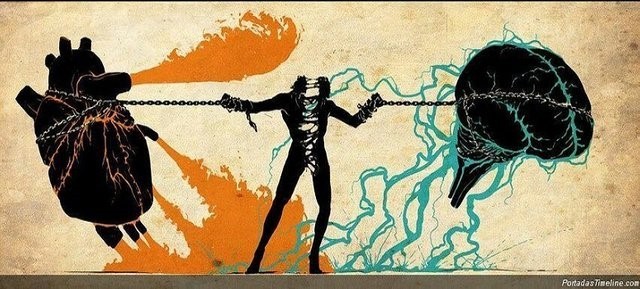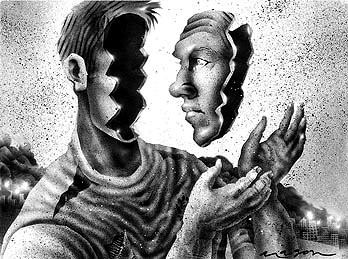Why do we feel guilt?
Thank you, Le Miguel Jumonong, for this interesting question. We often allude to several types of guilt. For instance, Sam may be guilty of stealing an apple, Mary of eating too much meat, and a political party leader of bitterly losing national elections. At first glance, these cases seem to be distinct. Indeed, Sam is […]
Why do we feel guilt? Read More









